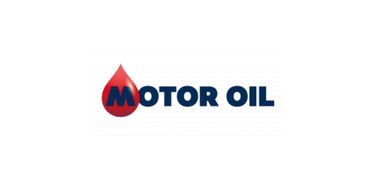Client: Motor Oil (MOH) Hellas
Location: Corinthos, Greece
Sector/Industry: Oil Refining
Completion: 2024 – 2025
Project Background
The MOH refinery processes crude oil into aromatics, fuels, base oils, lubes and gas products. Following a fire incident in September 2025, RVA was contacted by the MOH to provide specialist project management and HSE support for the decommissioning, dismantling, demolition and removal of fire-damaged plant, equipment and structures, in preparation for the installation of replacement equipment.
Challenges
A range of challenges were encountered because of the damage to the plant, equipment and structures following the fire, for example:
- Equipment and piping known to contain significant volumes of hydrocarbons and other hazardous materials.
- Developing systems, where there was no physical access to the damaged equipment, for draining significant inventory and minimising uncontrolled loss of containment.
- Large plant items and columns damaged and in unknown condition had to be surgically removed from areas surrounded by live systems and within operational areas.
- Structures distressed with stability and stored energy issues had to be fully assessed prior to removal.
- Access to the working area was very restricted and determined the size and type of plant to be used.
- Common over-site uninterruptible utilities running through and adjacent to the damaged area had to be protected and monitored.
Key elements in managing the project
- RVA responded to the client’s call immediately and based on experience of delivering over 1,000 projects, supported the procurement and engineering teams to develop a road map to source a specialist dismantling contractor.
- Guide and support the client in the preparation of the damaged plant and equipment to allow for safe dismantling.
- Methodologies were designed to reduce the need for minimal human intervention.
- Close cooperation between the client, the contractor and the RVA at all levels.
- Provisions made for every foreseeable risk, e.g. loss of containment of hydrocarbon product, explosive atmospheres.
- Detailed collaborative scrutiny and input to the dynamic development of all RAMS.
- Twice daily planning and review meetings with compulsory attendance for all parties.
- Development of remote access working to allow for the draining and cold cutting of process lines.
- Management personnel for all organisations present on site throughout working hours (7-day working) to ensure minimum delays in the decision-making process.
- RVA reviewed all risk assessments, lift studies, method statements and monitored on-site compliance during the works.
- RVA were awarded follow-on works
Outcome
The project was successfully delivered ahead of programme in a safe condition to allow for the construction of the replacement plant to commence. But more importantly, the project was delivered to a demanding timescale with no accidents, incidents, loss of containment or impact to surrounding operational equipment.











